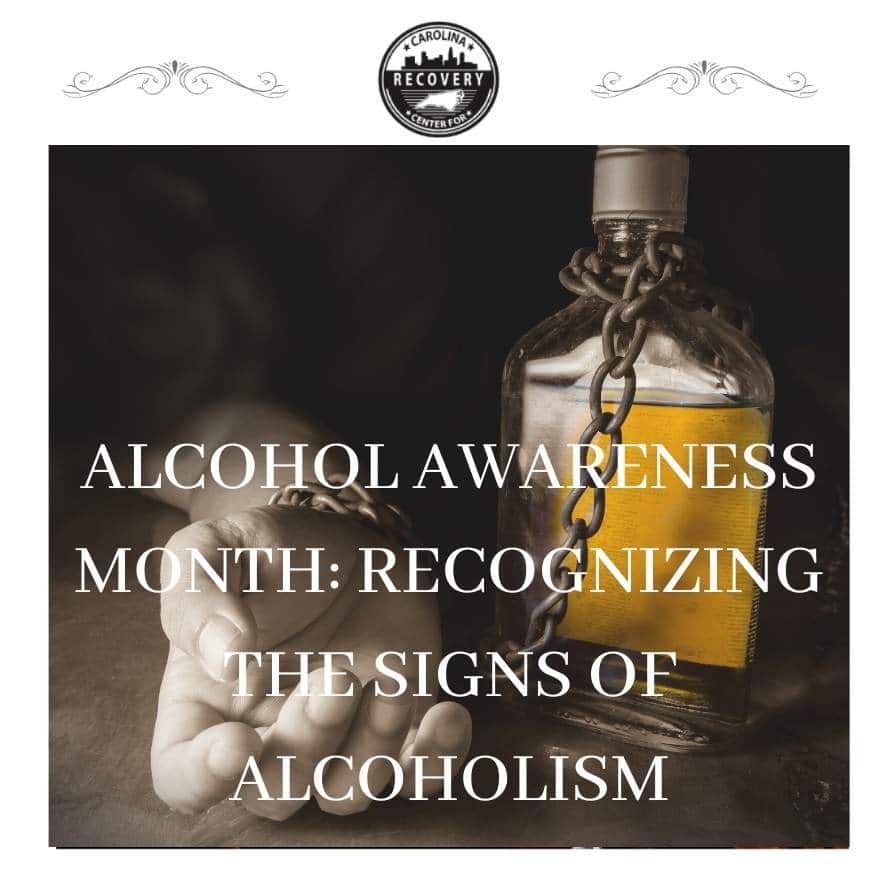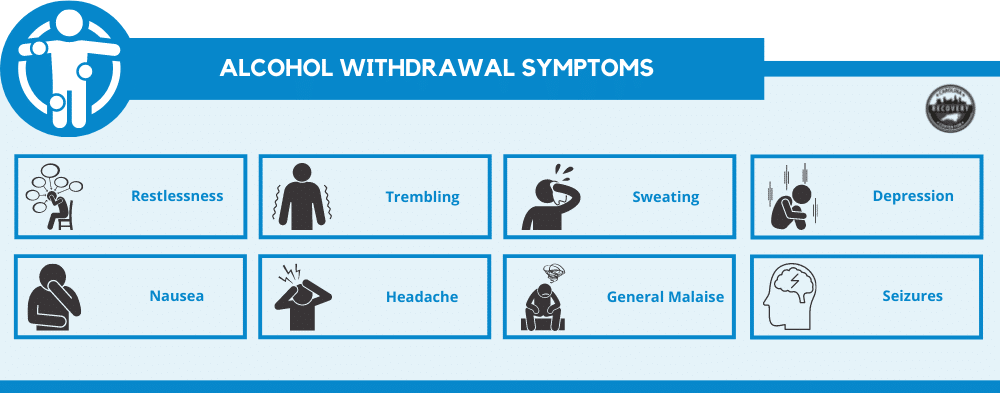Alcohol Awareness Month: Recognizing The Signs of Alcoholism

Medically Verified: 2/1/24
Medical Reviewer
Chief Editor

All of the information on this page has been reviewed and verified by a certified addiction professional.
When the National Council on Alcoholism and Drug Dependence (NCADD) first launched Alcohol Awareness Month in April 1987, they had no idea that what started as a program to educate college students would evolve into a nationwide movement to spread awareness around the disease of alcoholism. To this day, every April is Alcohol Awareness Month, a time to educate people about the dangers of alcohol abuse, spread awareness about the signs of alcoholism, and teach families and communities how to handle drinking problems.
Unfortunately, rates of alcohol abuse have skyrocketed since the start of the COVID-19 pandemic. Combined with severely high rates of anxiety, depression, and isolation, experts are warning the public that, as the pandemic continues, alcohol abuse can easily turn into dependence and addiction.[1] And, it can have irreparable damage to a person’s mental and physical health.
To highlight alcohol awareness month and help you identify the signs of alcoholism and alcohol abuse in loved ones, let’s take a look at the signs of a drinking problem.
Behavioral Changes
Alcohol is a depressant substance that produces feelings of elation and relaxation. It also affects a person’s motor coordination and inhibitions. People who are under the influence of alcohol may stumble around when they walk, blackout and forget periods of time, and simply act “drunk.”
Of course, seeing a loved one be highly intoxicated at irregular times or all the time is concerning. These behaviors are easy to spot and are widely recognized as alcohol intoxication. However, there are other behavioral changes that may indicate a drinking problem. These include:
- Lying to friends and family about alcohol use, whereabouts, finances, and more – people who are struggling with alcoholism or addiction may go to extreme lengths to hide their problems from their loved ones. They may be embarrassed or ashamed, so they resort to secrecy.
- Losing interest in activities they once enjoyed – perhaps your loved one used to be a passionate basketball player or they enjoyed going on weekend hikes, but they’ve suddenly stopped and are staying at home or making excuses to not go out. Loss of interest in passions and hobbies may indicate that they are sacrificing these things for alcohol.
- Getting defensive when confronted about a drinking problem – one tell-tale sign of alcoholism is when people get defensive or angry when they are confronted about their alcohol consumption. If it isn’t a problem, there is usually little reason to get angry.
- Acting out in risky or illegal behaviors – people who are abusing alcohol may drink and drive, get a DWI, steal money for alcohol, have unprotected sex, and make poor decisions, in general. All of these risky behaviors and more may mean a drinking problem.
If someone you know is displaying any or all of these behaviors, they may have an unhealthy relationship with alcohol.
Physical Signs of Alcoholism
In addition to exhibiting behavioral and mood changes, people who are struggling with alcoholism will experience physiological changes as well. Two of the most obvious physical signs of alcoholism are:
- Tolerance – tolerance develops as the body gets used to drinking alcohol over time. As a result, people who develop tolerance will need to drink more alcohol to feel the same effects as before.
- Dependence – dependence usually comes shortly after tolerance. As people start to drink more and more, their body begins to become dependent on alcohol. Then, without alcohol, they go into withdrawal. Symptoms of alcohol withdrawal include restlessness, trembling, sweating, depression, nausea, headache, general malaise, and seizures.

Excessive alcohol consumption can cause severe damage to every organ in the body. And, being a toxin, alcohol can change the way a person looks. It can also cause them to eat less food, binge on food, feel worn down all the time, or simply feel ill. Other physical symptoms that may indicate an alcohol problem include:[2,3]
- Dry skin
- Breath that smells like alcohol constantly
- Weight loss or weight gain
- Brittle fingernails and hair
- Flushed appearance or broken capillaries on the face
- Redness in the face
- Frequent upset stomach or hangovers
- Unexplained bruises or injuries
- Evidence of premature aging
- Disheveled appearance
- Yellowing of the eyes or skin (this may indicate alcohol-related liver disease)
Remember, even though alcohol is legal for buy for people over 18, it is still a dangerous and potentially fatal substance to abuse.
My Loved One May Be An Alcoholic – What Now?
Seeing the warning signs of alcohol abuse or alcoholism in a loved one can be terrifying. Of course, you don’t want them to hurt themselves, but you also don’t want to assume something that isn’t true. However, the sooner you speak up and voice your concern, the better you will feel and the better off your friend will be.
If you are unable to convince a loved one to get help, you may consider staging an intervention. This is when a professional drug and alcohol counselor comes to your home and helps the family convince the problem drinker to go to rehab. Interventions can be a very useful tool for families with loved ones who are refusing treatment.
Everyone is capable of recovery – no matter how far down their addiction has beaten them, but you must first be able to recognize the problem and encourage those suffering to get help.
If you or a loved one are struggling with alcoholism, don’t wait any longer. Contact one of our dedicated treatment professionals at Carolina Center for Recovery today.
References:

